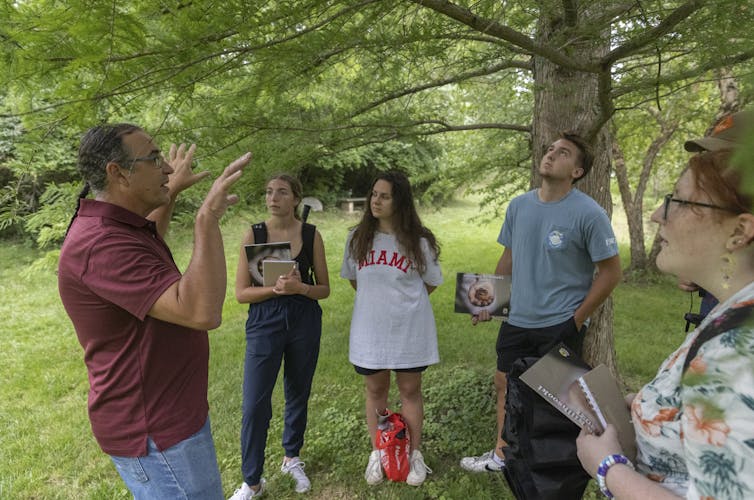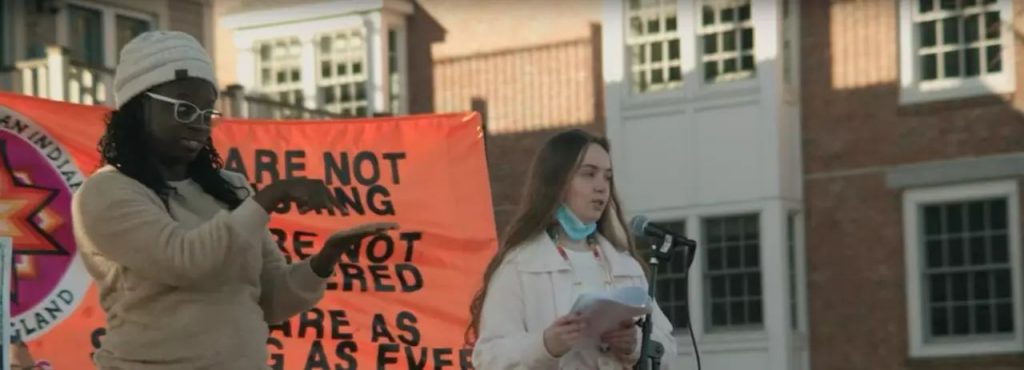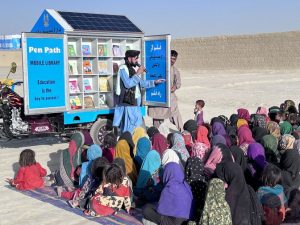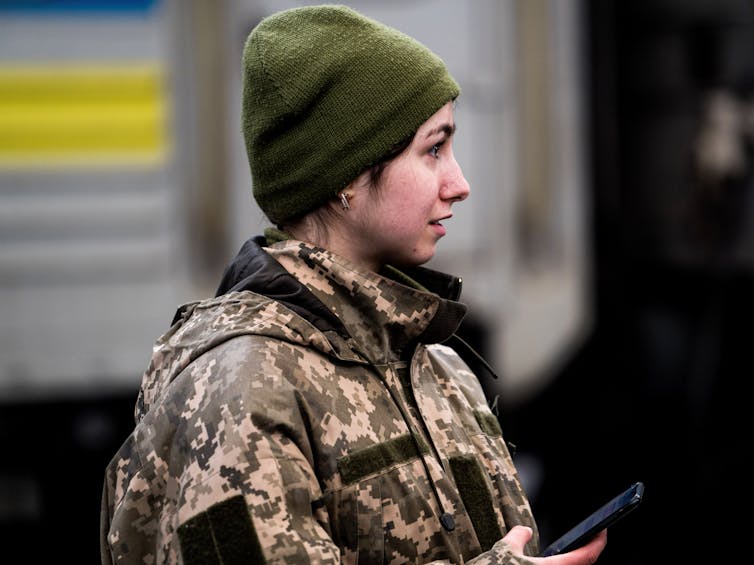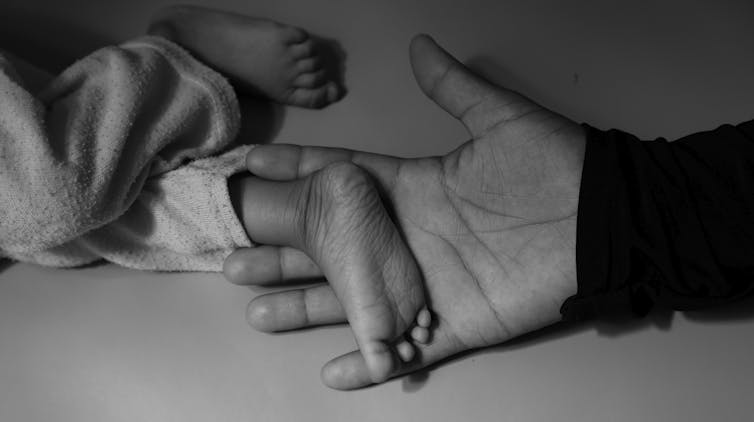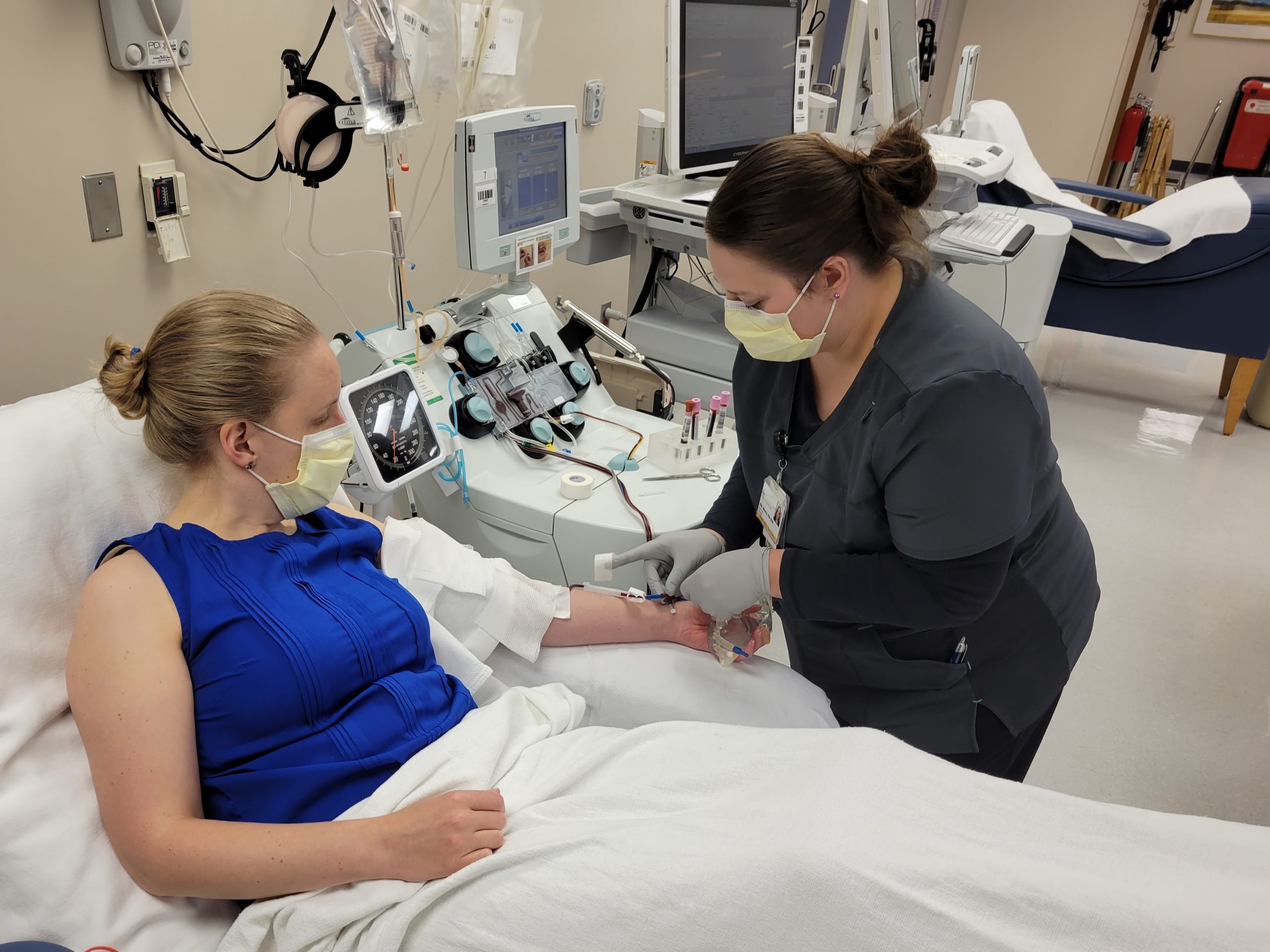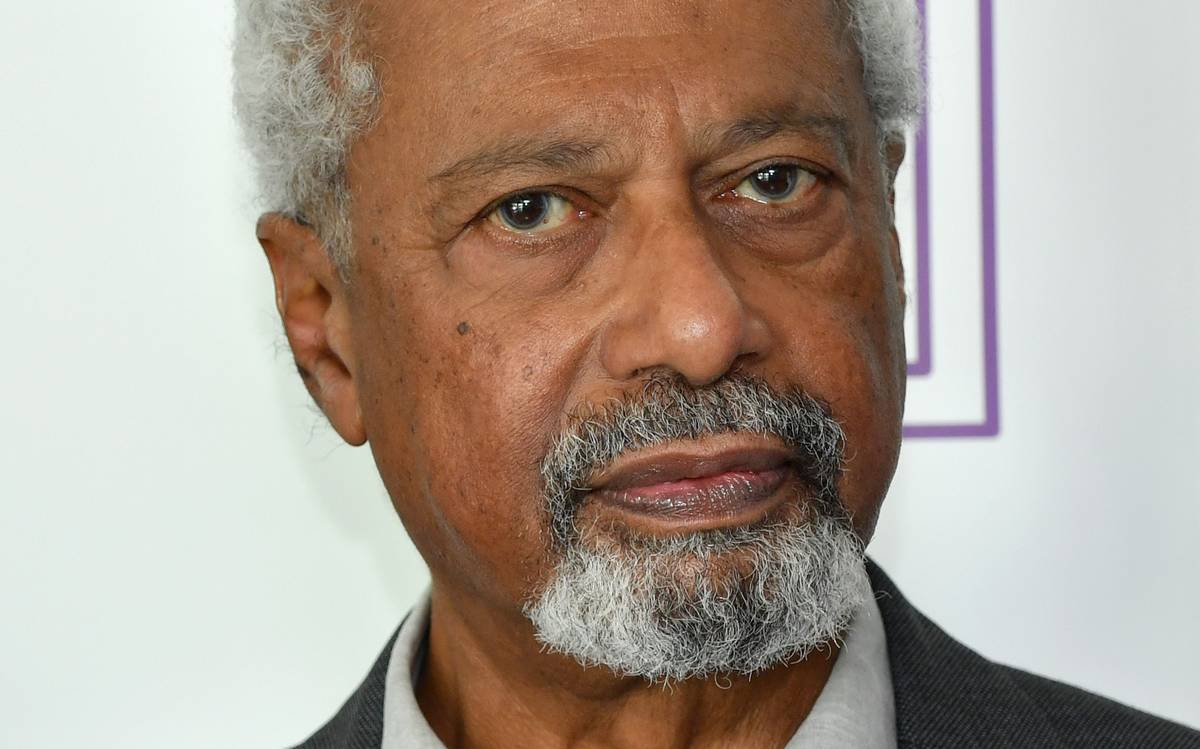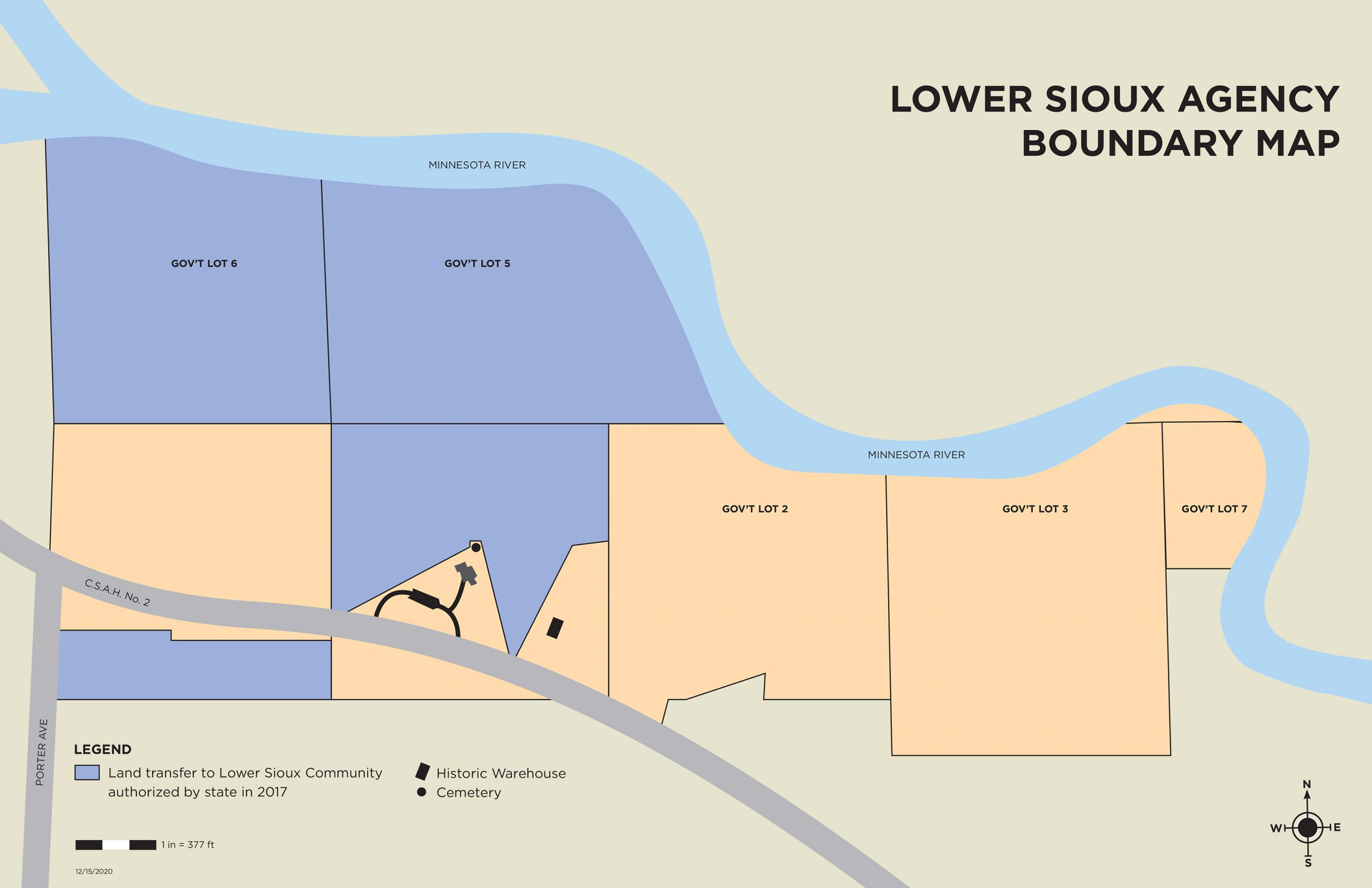“It is time for people with a moral conscience to wield every ounce of influence and power they have towards justice and to force this nation to be true to what it said on paper.”
By Jake Johnson. Published 7-3-2023 by Common Dreams
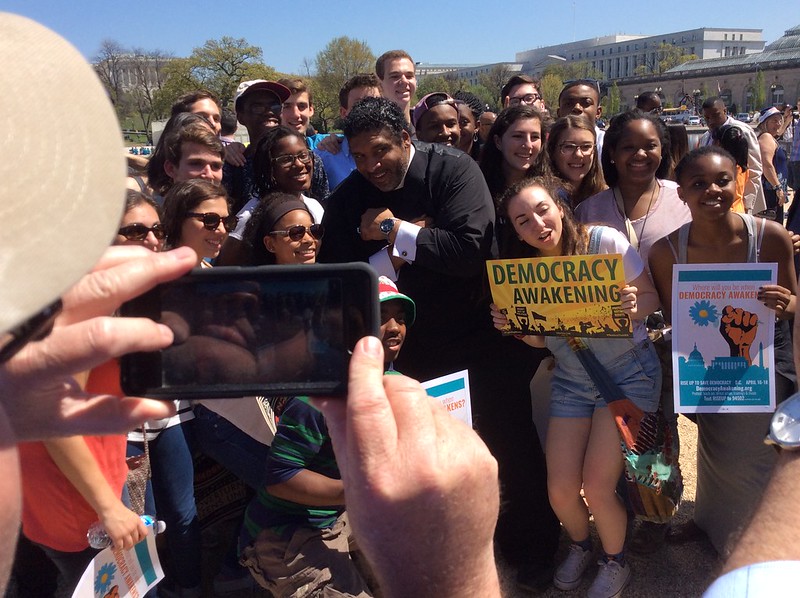
Bishop William Barber, founding director of Yale’s Center for Public Theology and Public Policy, penned an open letter on Monday decrying recent decisions by far-right Supreme Court justices and the complicity of political leaders who have “watched our democracy being slowly chipped away.”
Addressed to President Joe Biden, Congress, and the U.S. public, Barber’s “Moral Declaration for America” was released on the eve of July 4, which marks 247 years since the adoption of the Declaration of Independence.
Continue reading

